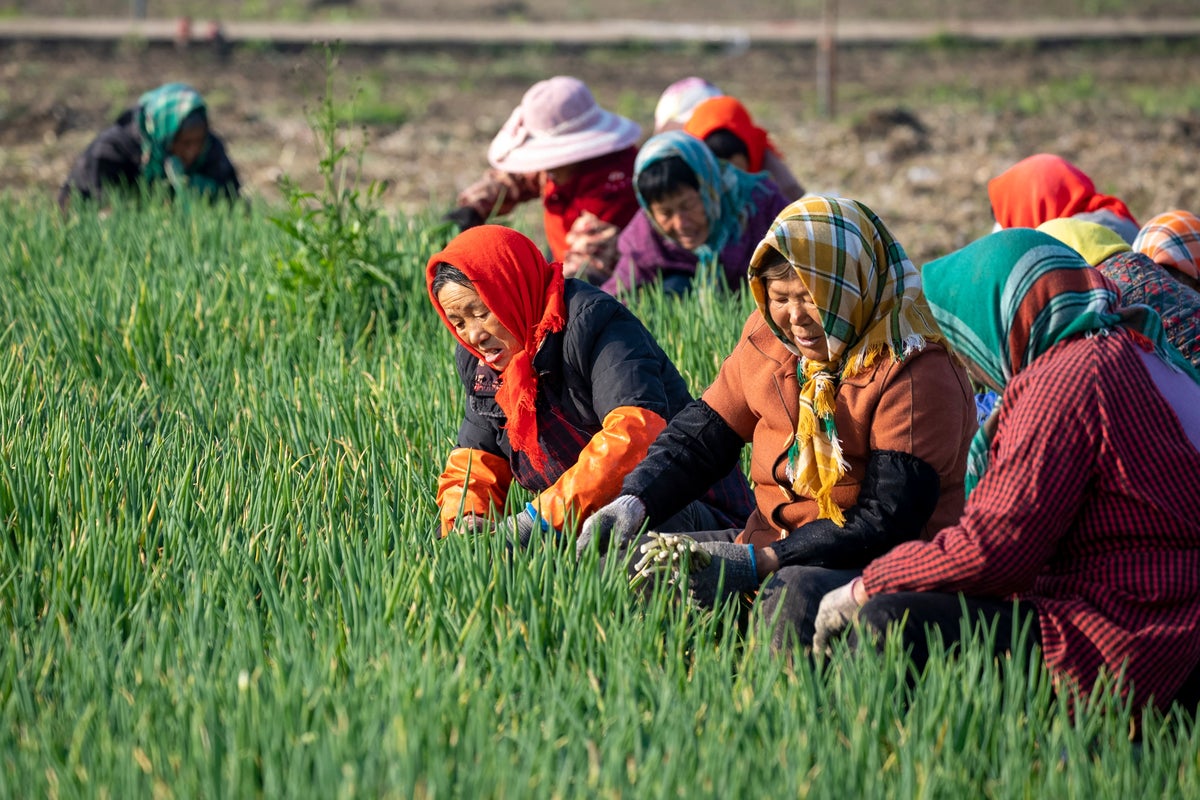Garden Herbs: The Controversial Cure-All That Divides Science and Tradition in the Battle for Immune Health and Vision Protection
In recent years, the debate surrounding herbal remedies and their role in health has intensified, with a particular focus on garden herbs that claim to boost immune health and protect vision. This discussion raises significant questions about the intersection of science, tradition, and the broader implications for public health. While herbalists and natural health advocates tout the benefits of these plants, critics question their efficacy and the validity of anecdotal evidence that often underpins their use.
Herbal remedies have been a part of human culture for thousands of years, with ancient civilizations relying on plants for medicinal purposes long before the advent of modern pharmaceuticals. The use of herbs such as echinacea, elderberry, and ginseng has been documented in various cultures, each with its unique approach to health and wellness. Today, garden herbs like basil, parsley, and thyme are celebrated not just for their culinary uses but also for their purported health benefits.
One of the most commonly cited benefits of these herbs is their ability to support the immune system. Advocates argue that certain compounds found in herbs can enhance the body’s natural defense mechanisms, making it more resilient against infections and diseases. For example, basil is rich in antioxidants and has been linked to improved immune function. Similarly, parsley is known for its high vitamin C content, which is essential for immune health.
However, the scientific community remains divided on the effectiveness of these claims. While some studies suggest that specific herbs can indeed have a positive impact on immune function, others highlight the lack of rigorous research and controlled trials to substantiate these assertions. Critics argue that relying on herbal remedies can lead individuals to neglect conventional medical treatments, potentially jeopardizing their health.
The conversation about herbal remedies also touches on the issue of vision protection. With an increasing number of people suffering from vision-related issues, the idea that certain garden herbs can help preserve eye health has gained traction. Herbs such as bilberry and saffron have been studied for their potential benefits in protecting against age-related macular degeneration and other eye conditions. Proponents of these herbs often point to their rich antioxidant properties as a key factor in promoting eye health.
Despite the growing interest in herbal remedies, the skepticism surrounding them is not unfounded. The field of herbal medicine is often criticized for its lack of standardization and regulation. Unlike pharmaceuticals, which undergo rigorous testing for safety and efficacy, herbal products can vary widely in quality and potency. This inconsistency raises concerns about the potential risks associated with their use, particularly when individuals self-prescribe without consulting healthcare professionals.
Moreover, the promotion of herbal remedies can sometimes lead to a dangerous oversimplification of health issues. The notion that a single herb can cure ailments or prevent diseases can detract from the complexity of human health and the multifactorial nature of many conditions. It is essential to recognize that while herbs can play a complementary role in health, they should not be viewed as panaceas.
Another aspect of this debate involves the cultural significance of herbal medicine. For many, these practices are deeply rooted in tradition and community. Indigenous and local populations have relied on herbs for generations, often passing down knowledge through oral traditions. This cultural heritage is invaluable, and the potential loss of such knowledge in favor of a solely scientific approach raises ethical concerns.
As the discussion continues, it is crucial to foster an environment where both traditional and modern approaches to health can coexist. Integrative medicine, which combines conventional and alternative therapies, is gaining popularity as a way to bridge the gap between these two worlds. By respecting the wisdom of herbal traditions while also applying scientific scrutiny, individuals can make informed choices about their health.
The role of education in this discourse cannot be overstated. Increased awareness of the benefits and limitations of herbal remedies can empower individuals to make better health decisions. Healthcare professionals play a vital role in this process, as they can provide guidance on the safe use of herbs alongside conventional treatments. This collaborative approach can help mitigate the risks associated with self-medication and ensure that patients receive comprehensive care.
In conclusion, the conversation surrounding garden herbs and their health benefits is a complex and multifaceted issue. As society grapples with the balance between tradition and science, it is essential to engage in open dialogue and foster understanding. The future of health may very well depend on our ability to learn from both the past and the present, navigating the intricate landscape of wellness with both caution and curiosity.
Herbalists may recommend them for digestive health, supporting the immune system, and as a mild diuretic

